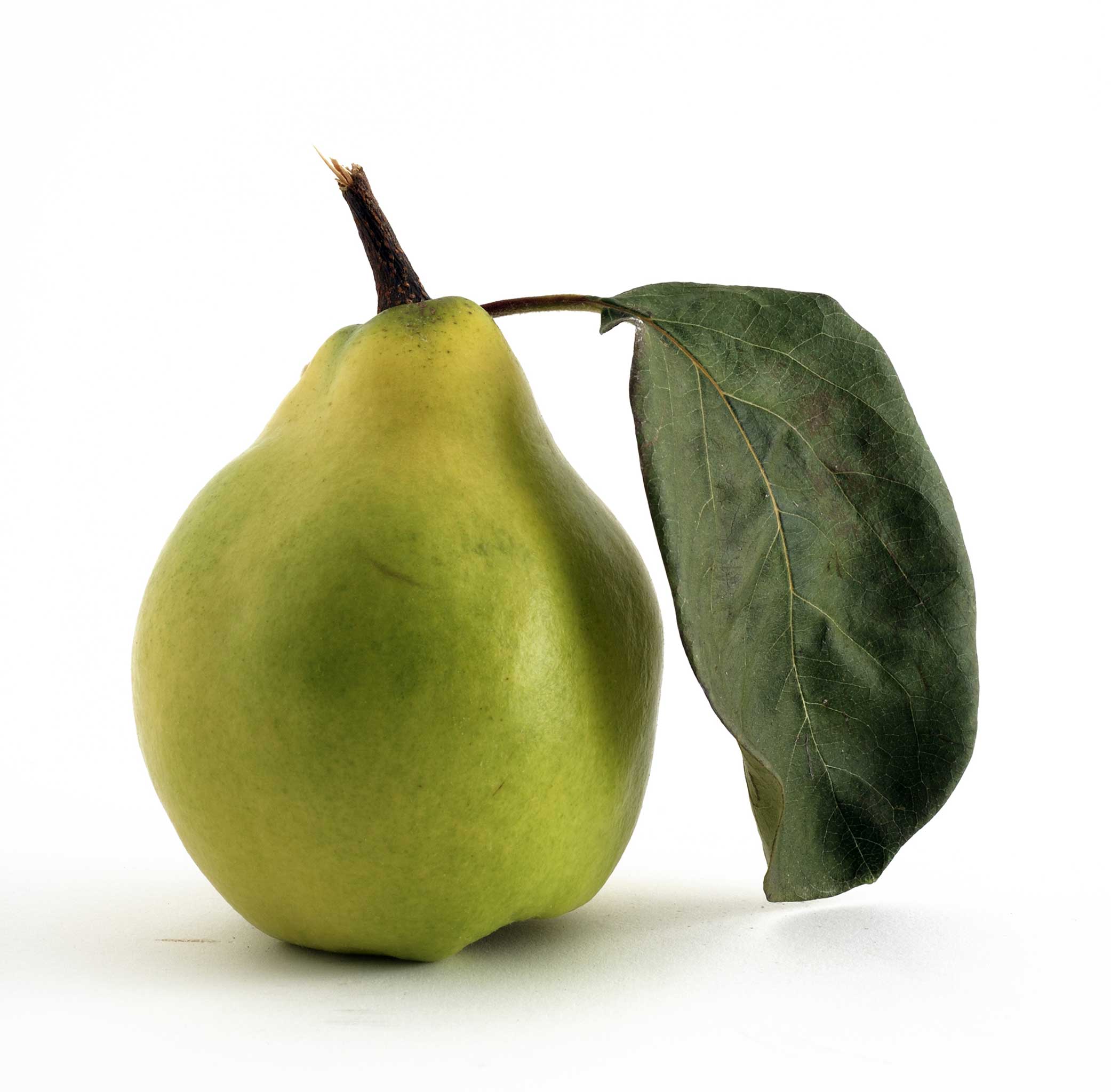
Your support helps us to tell the story
From reproductive rights to climate change to Big Tech, The Independent is on the ground when the story is developing. Whether it's investigating the financials of Elon Musk's pro-Trump PAC or producing our latest documentary, 'The A Word', which shines a light on the American women fighting for reproductive rights, we know how important it is to parse out the facts from the messaging.
At such a critical moment in US history, we need reporters on the ground. Your donation allows us to keep sending journalists to speak to both sides of the story.
The Independent is trusted by Americans across the entire political spectrum. And unlike many other quality news outlets, we choose not to lock Americans out of our reporting and analysis with paywalls. We believe quality journalism should be available to everyone, paid for by those who can afford it.
Your support makes all the difference.I used "data" as a plural the other day, which is a bit old-fashioned. Data, dice, graffiti, panini, media and politics are usually singular nouns these days, and I know only one person who treats news as a plural, but Rich Greenhill came up with many other words that were once – unknown to me – plurals. Here are the best...
1. Quince: Middle English plural of Old French cooin, from Latin for apple of Cydonia, now Chania, Crete.
2. Stamina: Latin plural of stamen, thread or essential element, before it was applied by analogy to flower parts.
3. Chintz: Plural of chint, a stained or painted calico cloth imported from India, from Hindi chimt, spattering, stain.
4. Pox: Plural of pock, as in pock-marked.
5. Truce: Plural of true, Middle English, in the sense of belief, trust.
6. Invoice: Plural of obsolete invoy, from French envoy, envoyer, to send.
7. Broccoli: Italian, plural of broccolo, cabbage sprout, head, diminutive of brocco, shoot.
8. Dismal: Originally a noun, for the two days in each month which were believed to be unlucky, from Anglo-Norman French dis mal, and medieval Latin dies mali, evil days.
9. Sweden: Originally a plural of Swede, a Swedish person.
10. Bodice: Originally bodies.
Next week: Best rhymes in songs.
Coming soon: Underrated family films (such as 'The Emperor's New Groove'). Send your suggestions, and ideas for future Top 10s, to top10@independent.co.uk
Join our commenting forum
Join thought-provoking conversations, follow other Independent readers and see their replies
Comments